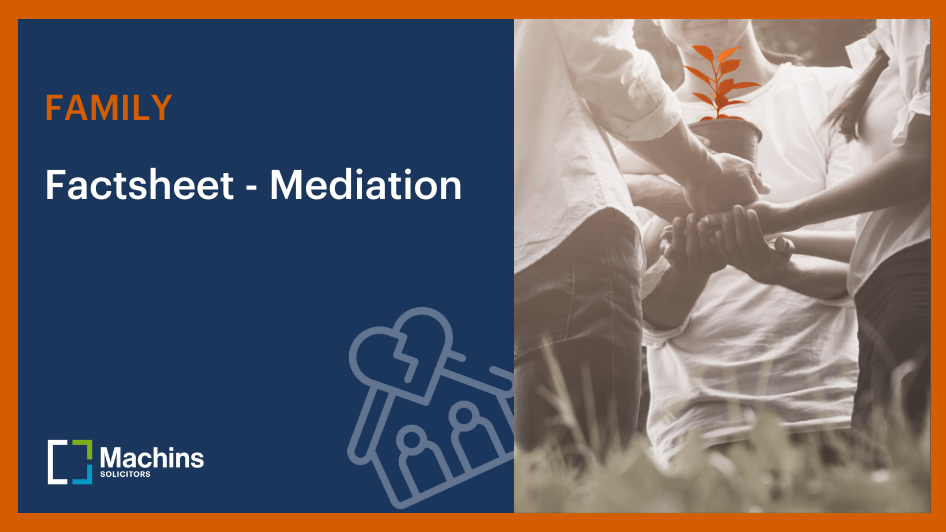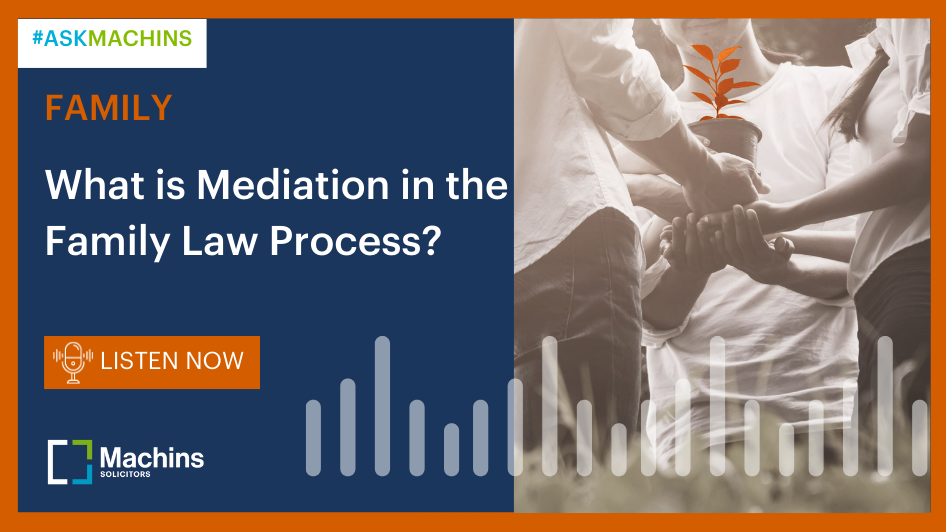A fair financial settlement isn’t one-size-fits-all. It’s about carefully considering the unique circumstances of both individuals to reach an arrangement that feels balanced and reasonable for everyone involved. Several factors come into play, such as how long the marriage lasted, the ages and future earning potential of each spouse, and the contributions each person made during the relationship. These contributions might be financial – like income or property brought into the marriage – or non-financial, such as raising children or managing the home. most importantly, there will always be consideration of what each party needs to continue living comfortably after the divorce, while reflecting on the standard of living enjoyed during the marriage.
Of course, if children are part of the picture, their welfare is always the top priority. Every decision will be made with their best interests at heart.
At Machins Solicitors, we pride ourselves on understanding the intricacies of each client’s situation. We work closely with you to craft a settlement that’s fair and tailored to your needs, aiming to secure the best possible outcome for your future.


























